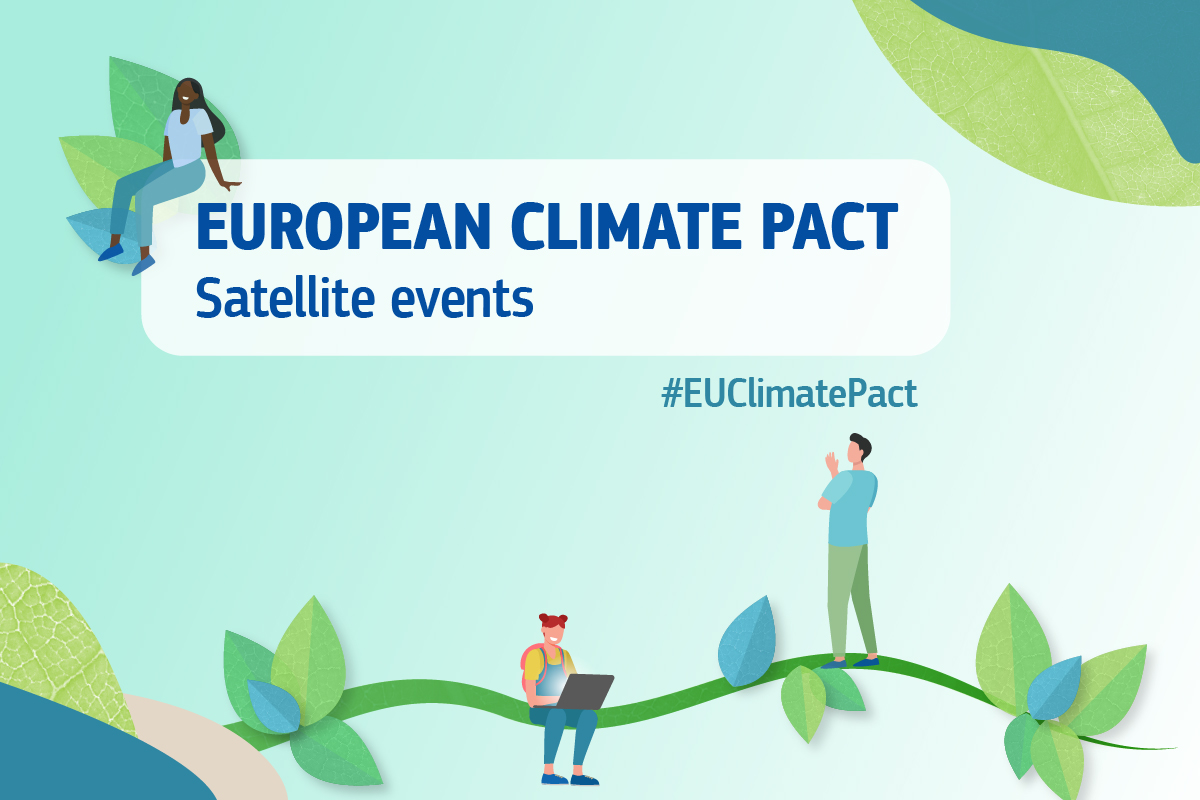EMBL will host an EU Green Week 2021 Partner Event showcasing how it is playing a role in achieving a ‘zero pollution’ continent through its exciting research and ambitious sustainability strategy.
During this virtual event, participants can engage in an interactive discussion with EMBL scientists and special guests from the Tara Ocean Foundation, HeidelbergCement, and the Ministry of Science, Research and Arts of the state of Baden-Württemberg, Germany to learn more about upcoming ocean and land research projects and community efforts to tackle pollution. You will gain a better understanding of why life science research is important in the global effort to tackle pollution, and how this research can help us find solutions.
Scientists from EMBL and our partner, the Tara Ocean Foundation, will introduce existing and future ocean and land research projects.
A virtual educational pack for children invites you to learn more about ‘how plastic ends up in our oceans’, ‘how currents work’, and ‘what happens to the plastic in the ocean?’ by doing your own fun experiments at home. In short video clips, EMBL scientists will guide you through simple hands-on experiments.
- pollution | biodiversity | ocean | water
- Monday 31 May 2021, 14:00 - 16:00 (CEST)
Practical information
- When
- Monday 31 May 2021, 14:00 - 16:00 (CEST)
- Languages
- English
- Website
- Event website
Description

You can interact with scientists who are leading exciting research projects that use molecular biology to examine life and nanoplastics deep in the oceans and on land. You will gain a better understanding of why life science research is important in the global effort to tackle pollution, and how this research can help us find solutions. Scientists from EMBL and our partner, the Tara Ocean Foundation, will introduce existing and future ocean and land research projects, such as:
You will have the opportunity to ask questions and engage in discussion with EMBL scientists, the Tara Ocean Foundation, and representatives from industry and government about how we can all be more active in reducing pollution and making our world healthier and greener. Who should attend? Anyone interested in learning and engaging in discussion about how life science research can help us find solutions to pollution and how key sectors of society can play an active role in creating a greener world. This could include activists, students, science enthusiasts, scientists, and policy- and decision-makers from industry, academia, or government.
|
